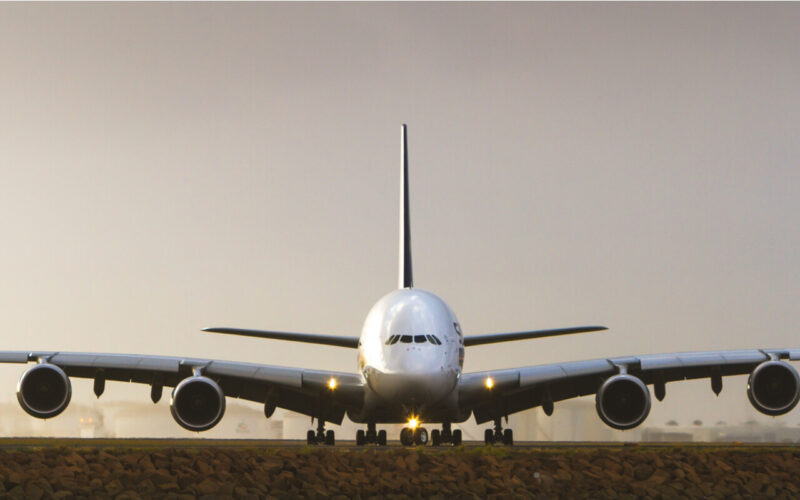As the aviation industry is caught in the coronavirus crisis, American Airlines (A1G) (AAL) is accelerating the retirement of its older Boeing 767s. Meanwhile, at least three airlines have grounded their fleets of A380 aircraft, while Emirates is reportedly in discussions to postpone the last eight superjumbos deliveries. With long-haul routes being the most affected by travel bans, the coronavirus could send the giants into early retirement.
On March 13, 2020, American Airlines (A1G) (AAL) gave an update on the impact the coronavirus Covid-19 outbreak had on its operations. The company announced several route cuts, in both Europe and South America.
Additionally, the legacy carrier said that its whole fleet of 16 Boeing 767-300ER airliners would be grounded from May 2020. “Doing so removes older, less fuel-efficient aircraft from our fleet sooner than originally planned and avoids unnecessary maintenance and fuel costs,” it said in a statement. The 34-aircraft-strong fleet of Boeing 757-200 should also meet the same fate, with a retirement planned between May 2020 and late 2021.
Since the beginning of the crisis, several other carriers have reduced operations for their widebodies.
On March 10, 2020, Qantas Airways revealed that its fleet of eight Airbus A380 jets would be grounded until September 2020. Moreover, the carrier is also negotiating with Airbus to postpone the €3.9 billion ($4.4 billion) order for up to twelve ultra-long-range Airbus A350-1000 airliners. The widebodies were due to carry out the longest flights in the world (New York-Sydney and London-Sydney), known as Project Sunrise, from the first half of 2023.
Korean Air, whose president fears it could not survive the crisis, also decided to ground its ten A380s. Lufthansa (LHAB) (LHA) , which operates 14 superjumbos, took the same decision, as it suspended almost half of its routes.
Emirates, the main operator of the Airbus giant, is trying to defer the delivery of its final eight A380s, according to Bloomberg. Due to low demand, at least 20 of its superjumbos are currently grounded.
With the decision of the U.S.President Donald Trump to ban most flights coming from Europe, more widebody aircraft could be grounded in the coming weeks. For Helene Spro, aviation finance analyst at Scope, the coronavirus Covid-19 pandemic could have more definitive consequences. Since the beginning of the crisis, long-haul travel has been the main target of the governmental attempts at containing the virus. “This could mean a quicker end to the service life of A380 superjumbos than previously expected,” Spro says.
Before the outbreak even started, Air France-KLM was already pointing at the superjumbo as an aircraft unfit for today’s market. “The current competitive environment limits the markets in which the A380 can profitably operate,” the group said, adding that “keeping this aircraft in the fleet would involve significant costs, while the aircraft programme was suspended by Airbus earlier in 2019.” The newly appointed CEO Ben Smith, whose first measure was to reduce the A380 fleet by half, eventually announced all of the ten aircraft would be retired by 2022.

